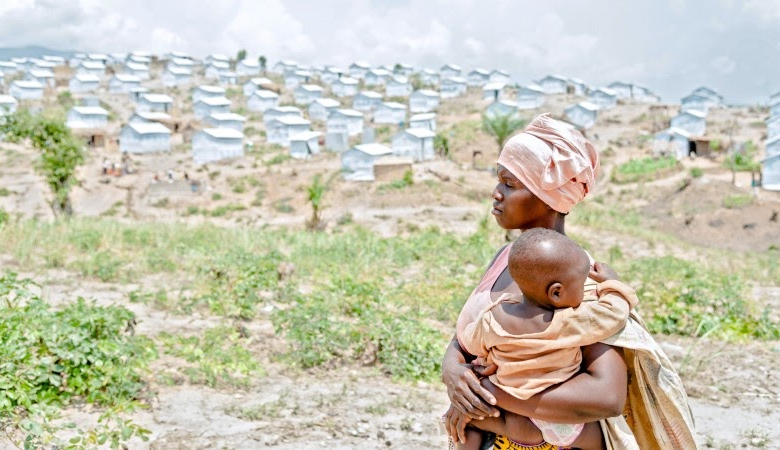Women Facing Acute Food Insecurity Than Men Globally– UN
A UN Women report noted that women and girls are more likely to reduce their food intake, face sexual exploitation to get money for food or get married off with dowries that are used to support other members of their families.

The lack of steady access to food is affecting more women than men, the United Nations reveals, stating that the Ukraine-Russian Crisis has pushed more women, who are often limited in their capacity to contribute, to face severe hunger.
A report published by UN Women titled ‘Global Gendered Impacts of the Ukraine Crisis’ stated that the crisis has impacted the production of food items, soared food prices, lessened availability and access, pushing more women than men into acute food insecurity and malnutrition, while intensifying gender inequality, and sexual and gender-based violence (SGBV).
It noted that women are more likely to reduce their food intake to save food for their children, older and/or sick people. In Somalia, it is reported that while men eat smaller portions of food, women skip meals altogether, while in Lebanon, 85 per cent of women were eating smaller portions of food compared to 57 per cent of their male counterparts.
The report also linked the rising food insecurity amongst women to their engagement in unpaid labour, including domestic work like food preparation, provision and processing, at the expense of their physical and mental wellbeing.
In March, the Nigerian Poverty Assessment conducted by the World Bank detailed how women are twice as likely to work in sectors with the lowest pay, which has greatly affected female-headed households.
The war in Ukraine highlights the urgent need to rebuild the broken global food system, the report says. Although there are more women than men in the agricultural labour force, fewer of them have rights to the land they work on compared to men.
“Partnerships between governments and civil society are needed to scale up gender-responsive sustainable agriculture and agroecology as alternatives to industrial agriculture, with proven benefits for communities and environments as well as enabling women’s participation and leadership.
“Investing in diversification of food crop production for local, national and regional markets and redressing women farmers’ unequal access to resources and technologies are critical for improving women’s livelihoods and ensuring food security for all,” the organisation explained.
Women and girls are also more likely to be sexually exploited and pushed to have sex for food or married off with dowries that are used to support other members of their families.
In July, the United Nations Children’s Fund (UNICEF) warned that in some parts of Ethiopia, which is worst affected by food insecurity due to drought, child marriages have more than doubled in one year. This survival trend was adopted to allow families to have one less mouth to feed or an attempt to help the bride enter a better-off household.
The report further explained that food insecurity is even more acute for older and indigenous women, women of African descent, gender-diverse women, women with disabilities, and those living in rural and remote areas.
Despite the evidence of the concerning impact on women and girls, responses have not adequately addressed their needs and priorities nor drawn upon bridging the gap in their participation, decision-making, and leadership.
The organisation says that “policy responses and action, as well as long-term recovery solutions, need to fully reflect the voice and agency of women and girls globally as important actors for food security and nutrition, including as peasants and smallholder farmers, pastoralists, fishers, food and agricultural workers, the landless, consumers and urban food-insecure people.”
Support Our Journalism
There are millions of ordinary people affected by conflict in Africa whose stories are missing in the mainstream media. HumAngle is determined to tell those challenging and under-reported stories, hoping that the people impacted by these conflicts will find the safety and security they deserve.
To ensure that we continue to provide public service coverage, we have a small favour to ask you. We want you to be part of our journalistic endeavour by contributing a token to us.
Your donation will further promote a robust, free, and independent media.
Donate HereStay Closer To The Stories That Matter




